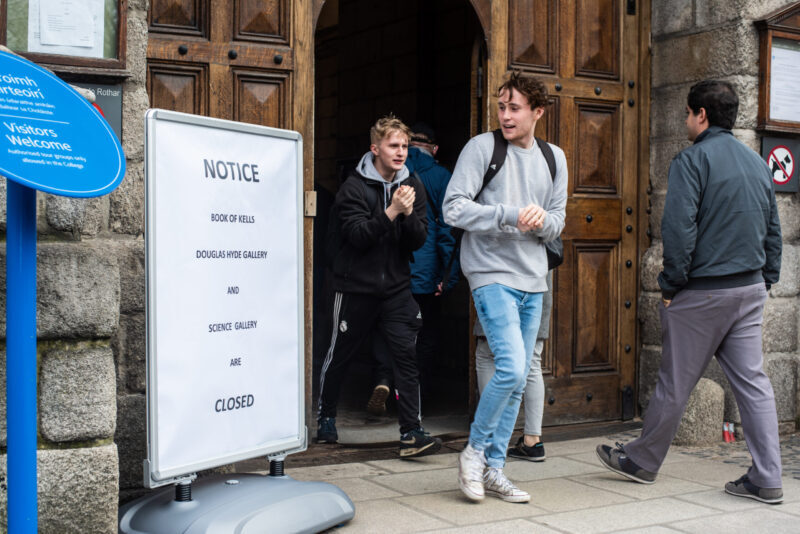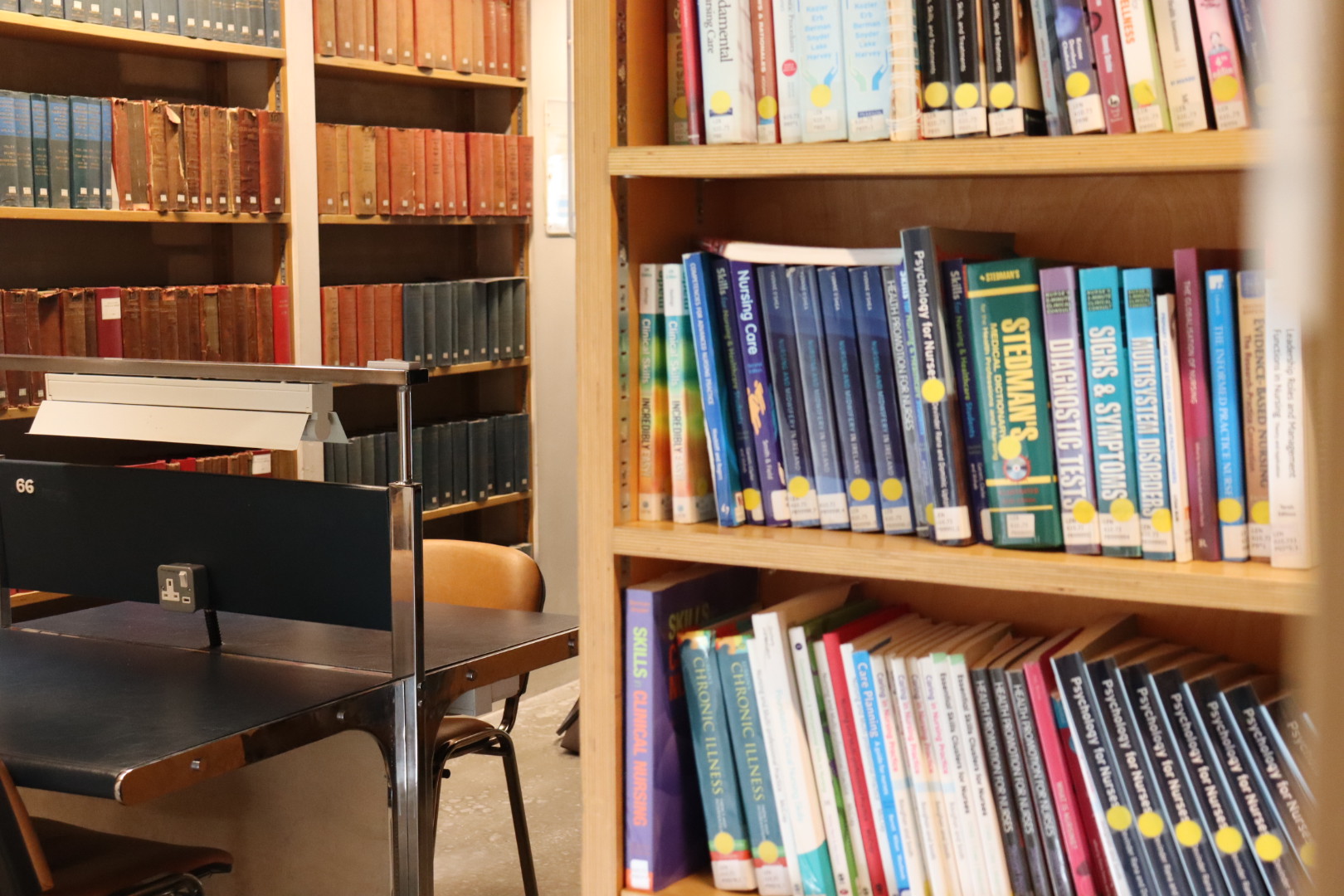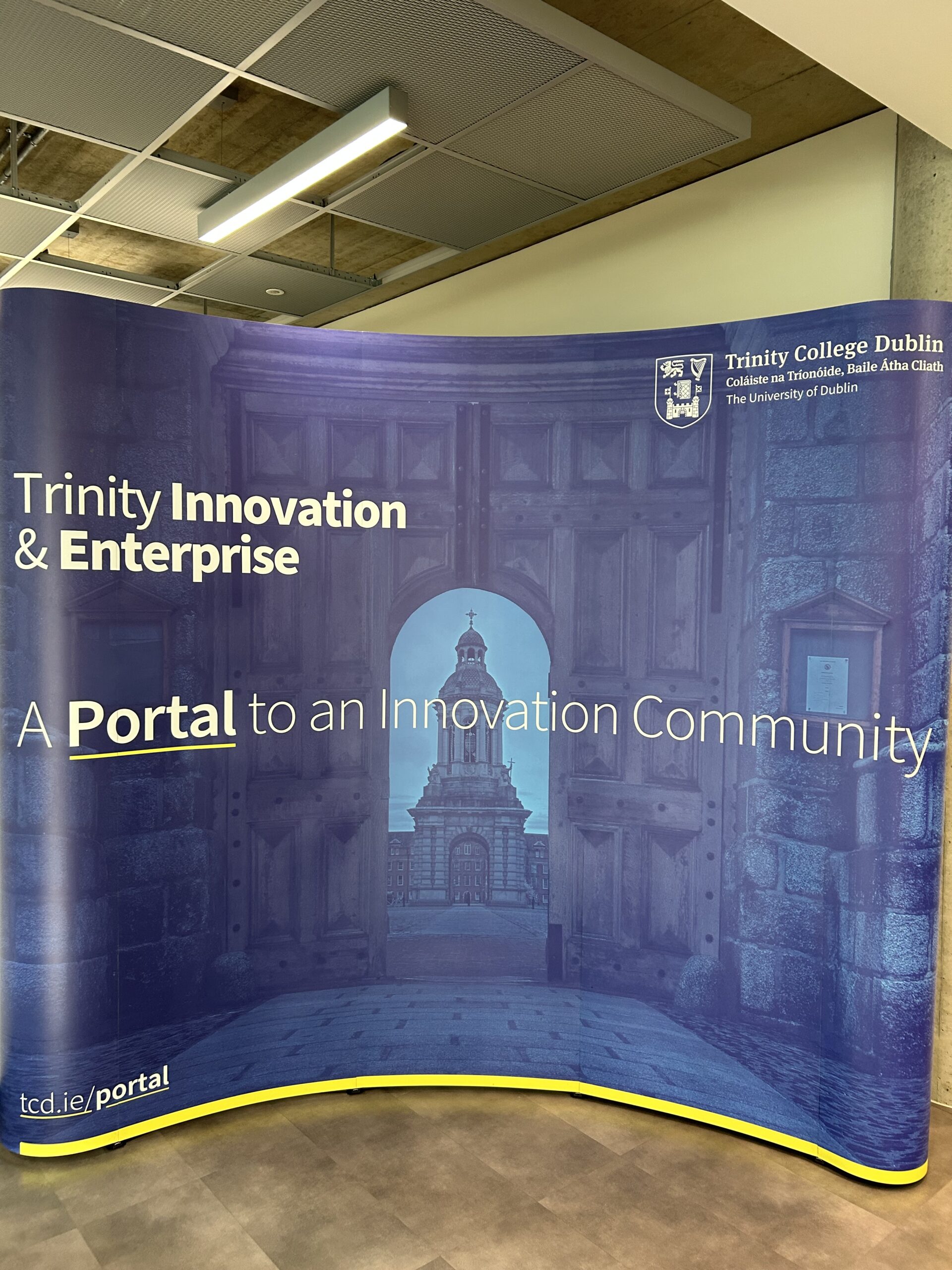News updates about the coronavirus are quickly becoming “blink and you’d miss it” affairs. Just over two weeks ago, the virus had not yet reached the island of Ireland, and talk of contingency plans and containment phases seemed abstract and surreal.
But fast forward to today and Trinity, along with schools and colleges throughout the country, has closed its doors until March 29th. And there’s a sense that all will not return to normal on that date.
In the days following the first confirmed cases in Ireland, questions floated around about how safe it was to continue as normal with lectures, exams and – unsurprisingly – Trinity Ball.
Final-year medicine students were then informed that they may be required to take crucial clinical assessments a month early, amid fears that the spread of the virus could make it impossible for them to sit the exams as scheduled.
Rumours spread – on Wednesday morning, there was talk that College was closing entirely. Some scoffed, but at lunchtime, the chatter was proved correct
The next morning, students awoke to an email sent late the previous night from Provost Patrick Prendergast. A Trinity student had contracted the virus.
By now, national news was turning into a tidal wave of coronavirus updates, with phrases like “mass gatherings” and “social distancing” appearing again and again. Whispers started. Over 1,000 students hit the RDS during assessment season, students pondered – surely a mass gathering by most definitions.
But, at that point, calling off exams proved to be nothing more than wishful thinking on the part of students. “The relevant part of the University (Floor 4 of the Trinity Biomedical Sciences Institute), and the lifts in TBSI, have been closed as a precautionary measure and will be cleaned in accordance with HSE guidelines”, Prendergast wrote. Otherwise it was business as usual, apart from the sudden appearance of extra hand-sanitiser dispensers around campus.
Updates trickled in: College opted not to force students on exchange in Italy to return home, while NUI Galway insisted its students cut their exchanges short. Trinity College Dublin Students’ Union (TCDSU) postponed council. Then, students living in Trinity’s student accommodation were banned from hosting non-resident guests, both during the day and overnight. Suddenly, the threat of the virus was starting to feel very real.
Rumours spread – on Wednesday morning, there was talk that College was closing entirely. Some scoffed, but at lunchtime, the chatter was proved correct – if partially. An email signed by Prendergast and Vice-Provost Jurgen Barkhoff informed students that all College lectures were to be delivered online for the rest of the semester, but that tutorials, seminars and labs would continue as normal. In addition, the Book of Kells, Science Gallery and Douglas Hyde gallery were closing.
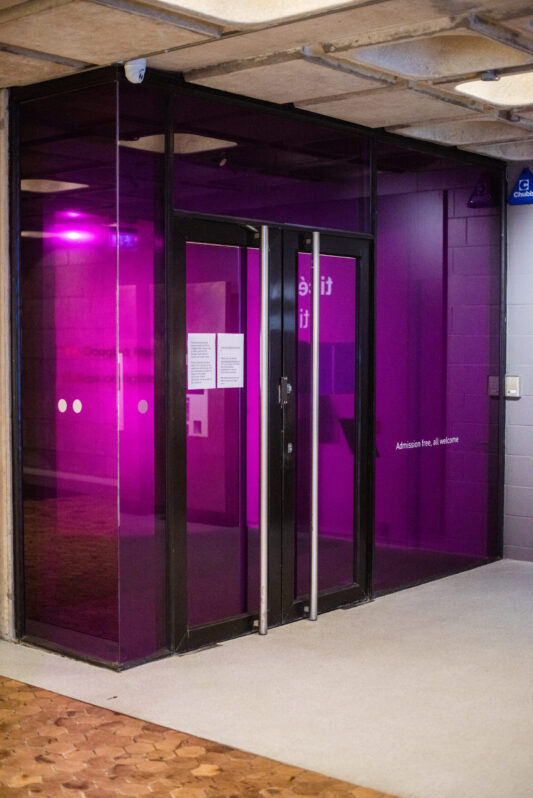
The Douglas Hyde Gallery shut on Wednesday, alongside the Science Gallery and Book of Kells exhibition.
Students were simultaneously astounded and befuddled. What exactly would online lectures entail? Tutorials are arguably considerably more cramped than lectures, so why were they going ahead? What did this mean for end-of-year assessment?
While final-year students mourned the sudden loss of their last half term in college, snide remarks ensued about the new seriousness with which Trinity was treating the situation given the closure of its tourist attractions.
That afternoon, students were bombarded with follow-ups and updates: Trinity’s libraries would remain open, albeit at reduced capacity. The College Health Service suspended walk-in consultations. Several departments suspended all teaching – tutorials, labs and seminars included. Throughout the afternoon, clubs and societies announced cancellations and postponements as committees grappled with the prospect of having to avoid organising large gatherings of people for the foreseeable future.
Late that evening, College confirmed a second case in a student, this time based in the Health Sciences faculty.
The following morning, March 12th, students tried to figure out the practicalities of having seminars, labs or tutorials without the accompanying lectures. News agencies notified people that Taoiseach Leo Varadkar was to make a “special announcement” around 11am. Speaking from Washington DC, Varadkar broke the news that, by now, many had seen coming: all colleges, schools and cultural institutions would close until March 29th.
While supermarkets around the country were flooded with panicked shoppers looking to stockpile – which both retailers and the government have stressed is unnecessary – college students waited for an email with “detailed announcement” on the closure.
In the meantime, students and staff living on campus were encouraged to “consider going home”, with students moving permanently promised a pro rata refund at the end of the academic year.
The Central Societies Committee (CSC) instructed all societies to suspend events and meetings for the next two weeks. It also instructed societies to suspend all events – even beyond Trinity’s two-week closure period – which will expose them to “irrecoverable expense”.
Then the email came. Trinity’s campus, Prendergast wrote, would close from that night until March 29th to all students except residents. Prendergast added that “it would be wise to allow for the possibility of a longer closure” than the two-week period the government has implemented.
Staff will begin teaching online on Monday – IT Services is running courses this weekend in order to equip staff with the necessary technical skills. The Buttery will remain open, but all other catering outlets and the Pav will be closed.
All of the libraries will close, and off-campus access to licensed electronic resources – books, databases and journals – will be available to registered students and staff.
The College Health Centre will remain open, and will “do telephone consultations in most cases”. The student counselling service will also carry out consultations over the phone “for students in distress”.
“Please use both these services judiciously as demand is strong”, Prendergast wrote.
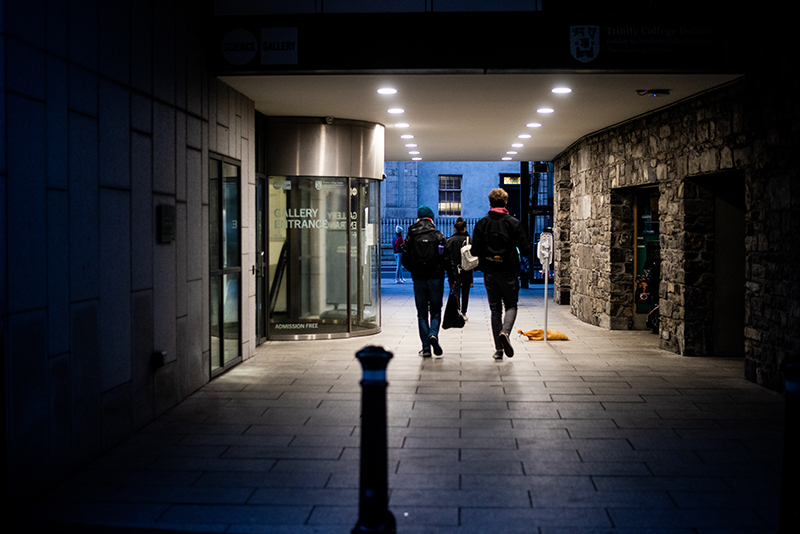
We now have a clearer idea than earlier this week of what lies ahead, but uncertainty still abounds in some quarters.
But the email didn’t address one major concern: exams. Only yesterday the College confirmed that in-person exams are likely to be scrapped and replaced with alternate forms of online assessment.
The previous day, The University Times had reported that Trinity was considering six contingencies for assessment as a result of the pandemic, including the possibility that exams may take place in August.
Prendergast’s email explained that final exams could also be converted to written assessments, while the designated exam period could be extended, according to a confidential memorandum delivered to University Council last week by Senior Lecturer Kevin Mitchell. Some modules could also be redesignated as pass/fail, in a set of contingency options discussed before the Taoiseach announced the shutdown.
It’s dawning on people that there won’t be a quick fix for the spread of the virus anytime soon. The repercussions for Trinity could be long term, including a major drop in the number of international students applying to study here. This will be a major blow to a College that had hoped to increase the number of non-EU students. There’s still no word on whether Trinity Ball will go ahead, but if the past fortnight’s developments are anything to go by, it’s not looking good.
